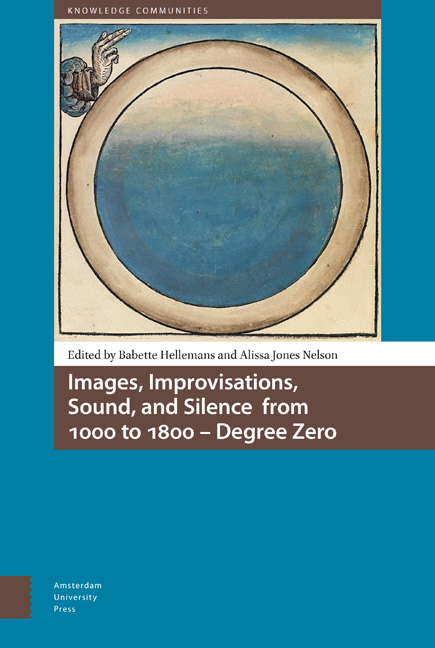12 - Dimidia Hora: Liminal Silence in Bernard of Clairvaux, Anselm of Canterbury, and Barack Obama
Published online by Cambridge University Press: 11 December 2020
Summary
Abstract
In this chapter, I deal with the notion of silence in the writings of three rhetorically skilled authors: Anselm of Canterbury, Bernard of Clairvaux, and President Obama. I take silence to mean ‘liminal silence’, borrowing the notion of ‘liminality’ from the anthropologist Victor Turner. For Turner, liminality represents ‘a realm of pure possibility’. With the help of this concept, I trace the meaning of silence between words, between sentences, and between paragraphs, concluding that this particular type of silence contains both silence and vigilance. Here the meaning of liminality comes to the fore. This combination of silence and vigilance expresses gaps and pauses that lend suspense to the discourse while springing from ‘the realm of pure possibility’.
Keywords: silence, liminality, reading practice, meditation
Et factum est silentium in caelo quasi dimidia hora
And, for about half an hour, there was silence in heaven
– Revelation 8:1In this chapter, I will examine the meaning of silence as it manifests itself, not in the radical guise of absolute silence, but as having a semantic meaning of sorts and, more specifically, as being linked to sound – the idea that sound may precede or follow silence, or underlie it as long as it lasts. In this context, I take ‘silence’ to mean ‘liminal silence’ in order to distinguish it from mystical silence, insofar as the latter traditionally expresses an experience of transcendence. In the history of Christianity, this transcendent notion of mystical silence has been predominant. Taken to be indicative of proximity to the divine, it has been, if not taken for granted, then rarely problematized, relieved as interpreters seemed at the fact that their author and/or believer had made it to that blessed state. From that point of view, the celebrities of Western mysticism seem to fit this type to perfection. Yet silence being silence does not mean that its every manifestation is utterly deprived of semantic dynamics. For that reason, I turn to a specimen of silence for which I would like to coin the term ‘liminal silence’. This particular silence is semantically operative in a way that differs from the notion of silence as the end of a mystical journey representing the finality of result and rest.
- Type
- Chapter
- Information
- Images Improvisations Sound and Silence from 1000 to 1800 , pp. 229 - 246Publisher: Amsterdam University PressPrint publication year: 2018



